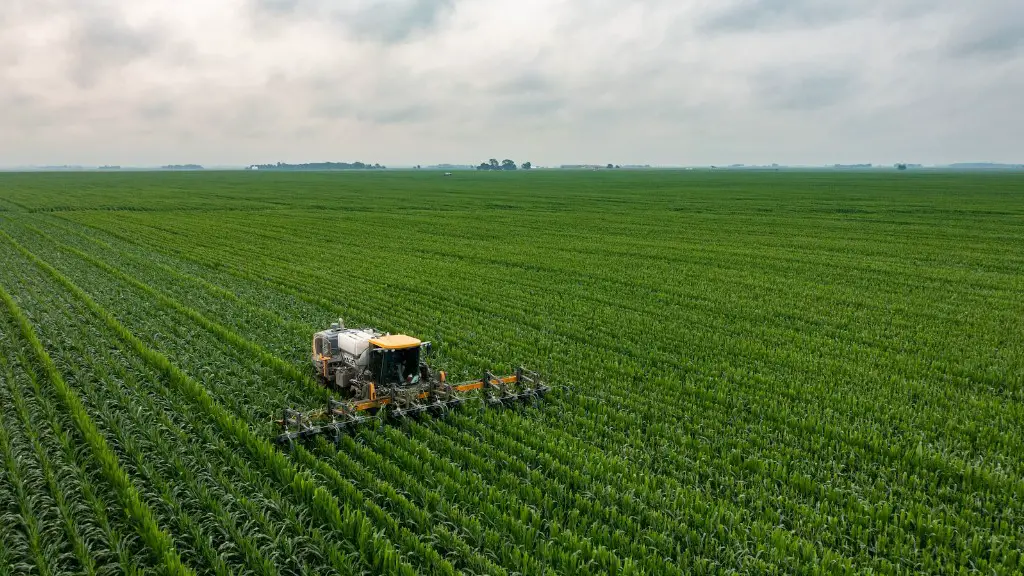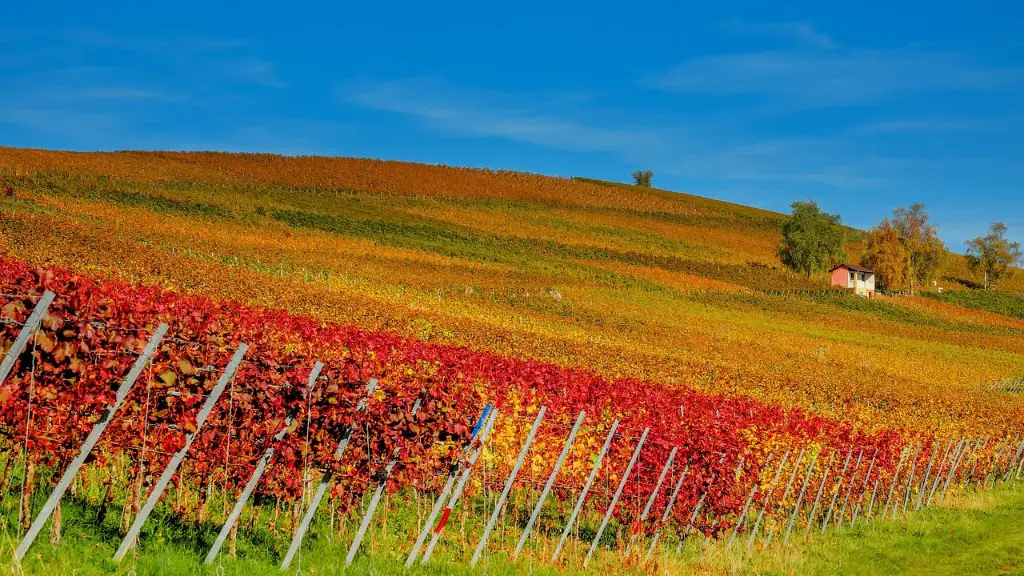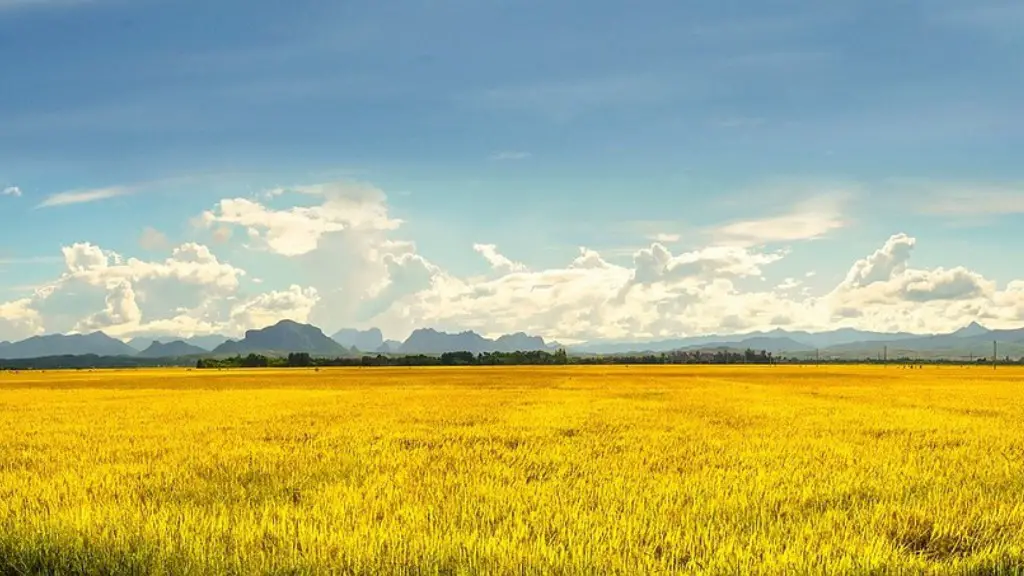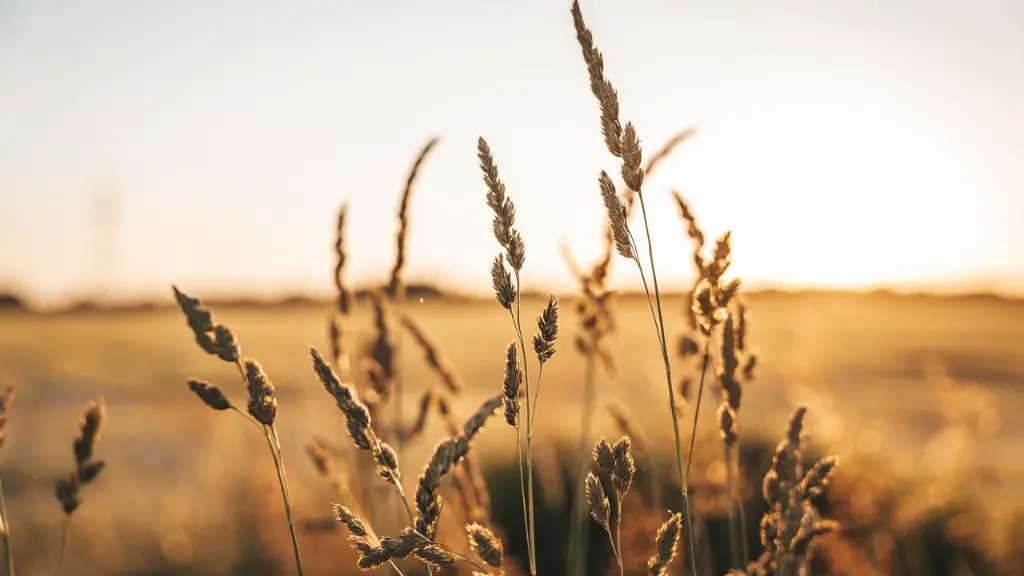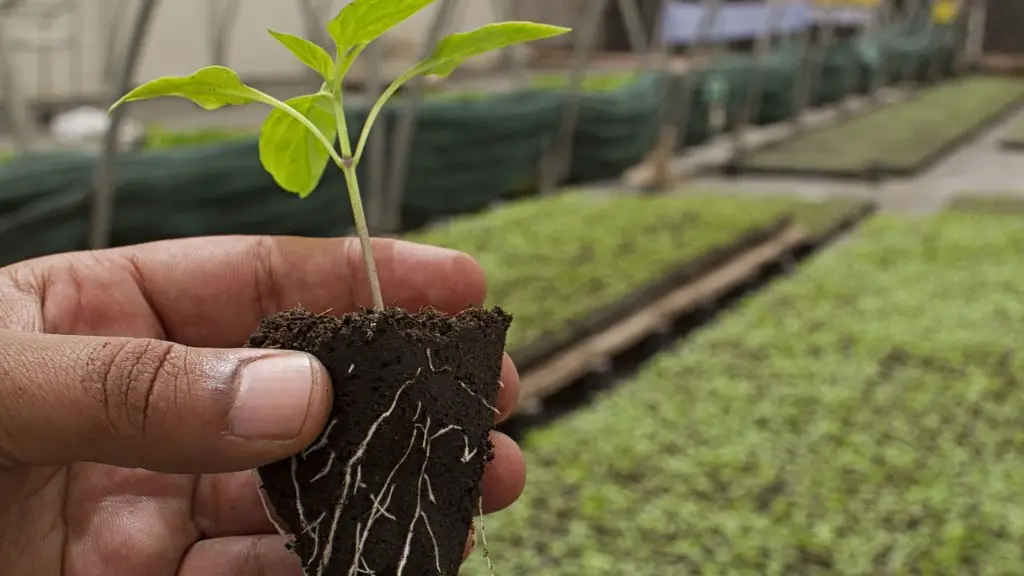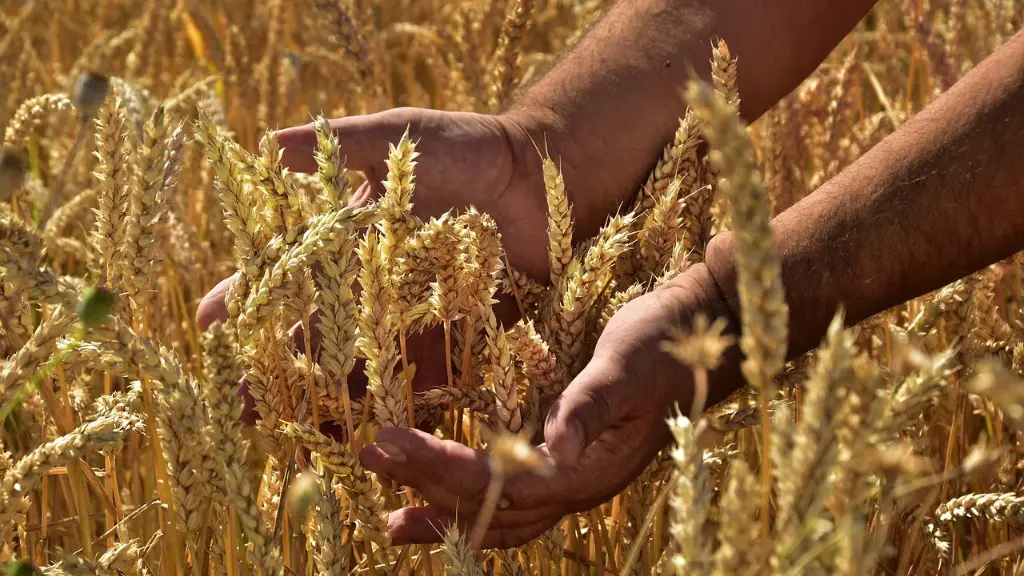The discovery of agriculture was one of the most important event in human history. Agriculture allowed for the domestication of plants and animals, which led to the rise of civilizations. Mesopotamia is one of the earliest known civilizations, and it is thought that agriculture played a significant role in its development. Agriculture allowed for the growth of cities and the rise of powerful empires. It also allowed for the growth of food surpluses, which allowed for the development of trade and commerce. Agriculture continues to be important today, as it is the foundation of modern society.
The fertile crescent of Mesopotamia was one of the first places where agriculture developed. The climate and geography were perfect for growing crops, and the Tigris and Euphrates rivers provided irrigation. Agriculture allowed people to settle in one place and develop civilizations. It also allowed for the growth of cities and the development of trade.
Why was agriculture so important in Mesopotamia?
The Tigris and Euphrates rivers have been flooding regularly for thousands of years, making the land around them extremely fertile and ideal for growing crops. This made the region a prime spot for the Neolithic Revolution, also known as the Agricultural Revolution, which began to take place around 12,000 years ago. The Neolithic Revolution was a period of time when humans began to transition from a hunting and gathering lifestyle to one of agriculture and domestication, and it had a profound impact on the course of human history. The Agricultural Revolution led to the development of civilizations and the rise of cities, and it allowed for the growth of populations and the expansion of human knowledge.
Mesopotamians developed irrigation agriculture to increase crop production in the region. To do this, they drained swampy areas and built canals through dry areas. This allowed them to bring water to the crops, which increased yields.
How did agriculture change Mesopotamia
The people of Mesopotamia were able to grow enough crops to feed themselves and trade the extra food they produced. Over time, Mesopotamia grew in size and power, helped along by the trade of its rich agricultural resources.
The growth of agriculture allowed for denser populations and the rise of cities. Agriculture produced enough food that people could pursue interests other than simply worrying about where their next meal would come from. This led to the development of civilizations and the rise of cultures.
What are 3 importance of agriculture?
Agriculture can have a positive impact on the environment by increasing biodiversity. This can lead to healthier soil, less erosion, better water conservation, and healthier pollinators. By taking care of the land we rely on for food, we can help ensure that it will continue to provide for us into the future.
The invention of writing by the Sumerians was a major advance for the Mesopotamians. With writing came the first recorded laws, called Hammurabi’s Code, as well as the first major piece of literature, the Epic Tale of Gilgamesh. This invention allowed for the spread of knowledge and culture throughout the Mesopotamian region.
What did successful farming in Mesopotamia lead to?
The first farm settlements formed in Mesopotamia as early as 7000 BC. Farmers grew wheat, barley, and other types of grain. Livestock, birds, and fish were also good sources of food. Plentiful food led to population growth and villages formed.
The Tigris and Euphrates rivers are located in the Middle East and are responsible for flooding the region on a regular basis. This flooding provides the perfect environment for irrigation and agriculture to develop, as the soil is incredibly fertile near these rivers. Having access to water also helps with farming and trade routes, as it is essential for both of these things.
What was invented in Mesopotamia agriculture
The farmers of Mesopotamia were very inventive. They made bronze hand tools, like hammers, sickles, axes, and hoes. Mesopotamians were probably the first to use the wheel. By 3000 BCE, they had invented the plow and plow seeder. This made farming much easier and more efficient. The people of Mesopotamia were able to feed themselves and their families, and even had surplus to trade with other peoples.
The Mesopotamians are the first known to have used weaving looms, the wheel, the sail, and irrigation for farming. They are also the first to have developed a written language which is called cuneiform.
What are 5 important of agriculture?
Agriculture is the backbone of the economy of any country and it is very important for the development of any country. Agriculture provides food for the people of the country and it also provides raw materials for the industries.
Agriculture is a very important sector of the economy and it plays a very important role in the development of the country.
Agriculture is critical for both food security and the provision of materials for clothing. Agriculture produces the majority of the world’s food supply, as well as fibre and cotton for textile production.
The importance of agriculture cannot be understated – it is essential for both human and animal survival. Without agriculture, the world would starve.
Why was agriculture so important to the colonies
Food production was a key consideration for European colonists when establishing settlements in North America and other parts of the world. The need to maintain a food supply for workers in other industries was also a factor in the development of agriculture.
The World Bank Group is a leading financier of agriculture. Agriculture can help reduce poverty, raise incomes and improve food security for 80% of the world’s poor, who live in rural areas and work mainly in farming. The World Bank Group supports countries with policy advice, research and analysis, and technical assistance. We also provide financing through loans, guarantees, risk management products, and equity investments.
What is the most important agriculture?
The top agricultural product in a given country is usually determined by that country’s dominant industry. In many cases, the top agricultural product is also the country’s biggest export. For example, cow milk is the top agricultural product in 37 countries, while wheat is the top agricultural product in 14 countries. corn is the most produced crop globally with 11 billion tons, followed by wheat with 7609 million tons and rice with 7567 million tons.
The Agricultural industry is vital to many countries’ economies and their export numbers play a large role in determining a country’s GDP. The top agricultural producing countries in the world are China, the United States, Brazil, India, and Russia. These countries make up a large portion of the world’s GDP and their agricultural products play a big role in global trade.
Soil fertility is a critical aspect of crop production, as it determines the ability of the soil to support plant growth. The physical, chemical, and biological attributes of the soil all play a role in its fertility.
Warp Up
The Mesopotamia region is thought to be where agriculture first began. The dry conditions of the area made irrigation a necessity for crops to grow. The Tigris and Euphrates rivers provided the perfect opportunity for people to develop this life-sustaining practice. Canals and dikes were built to direct the river water to the fields. Ancient Mesopotamians are also credited with the development of the wheel and the plow, which greatly enhanced agricultural productivity.
Agriculture was very important in Mesopotamia because it was the main source of food for the people who lived there. The soil in Mesopotamia was very fertile, so the crops grew very well. The farmers also had irrigation systems that helped them to water their crops.
